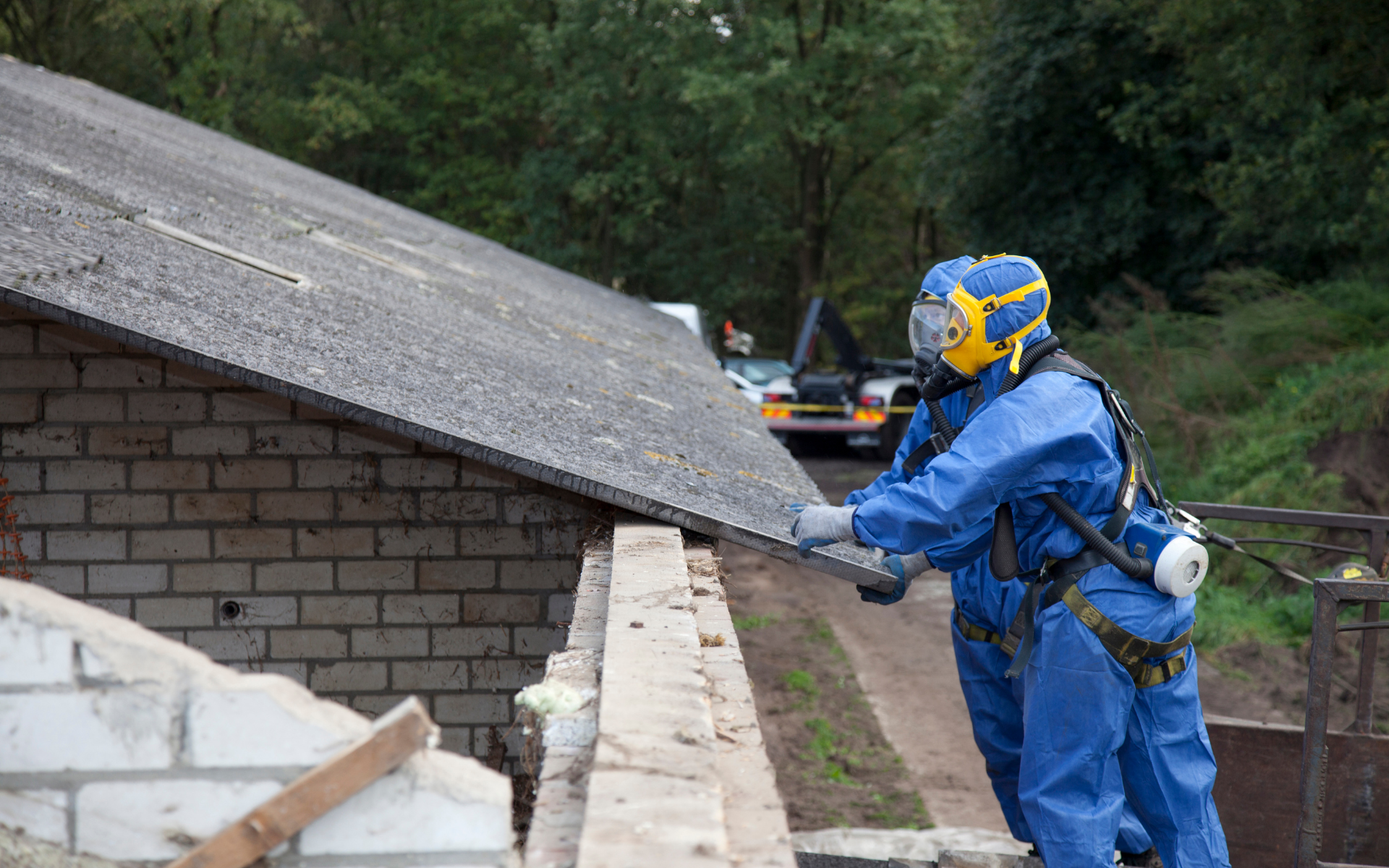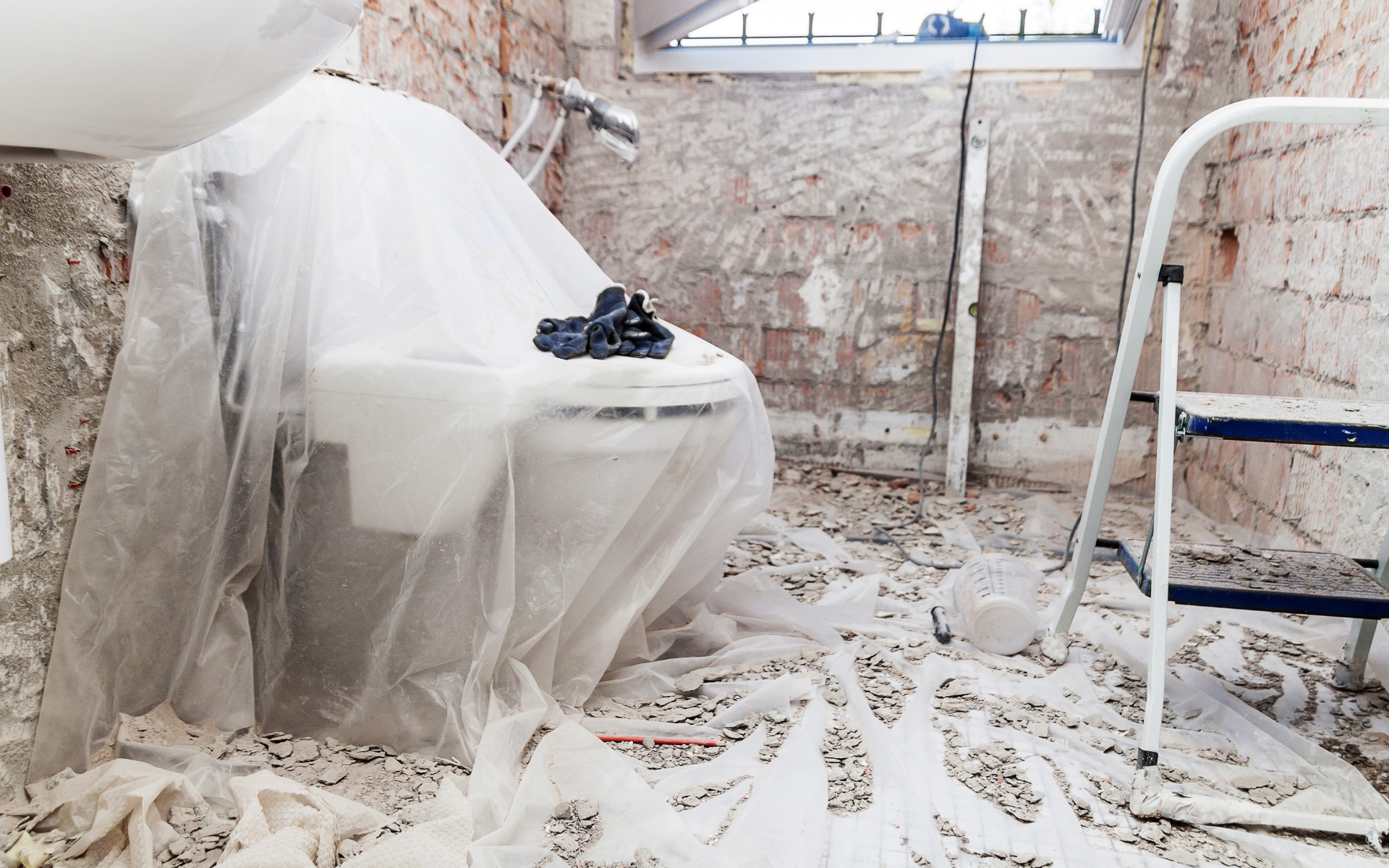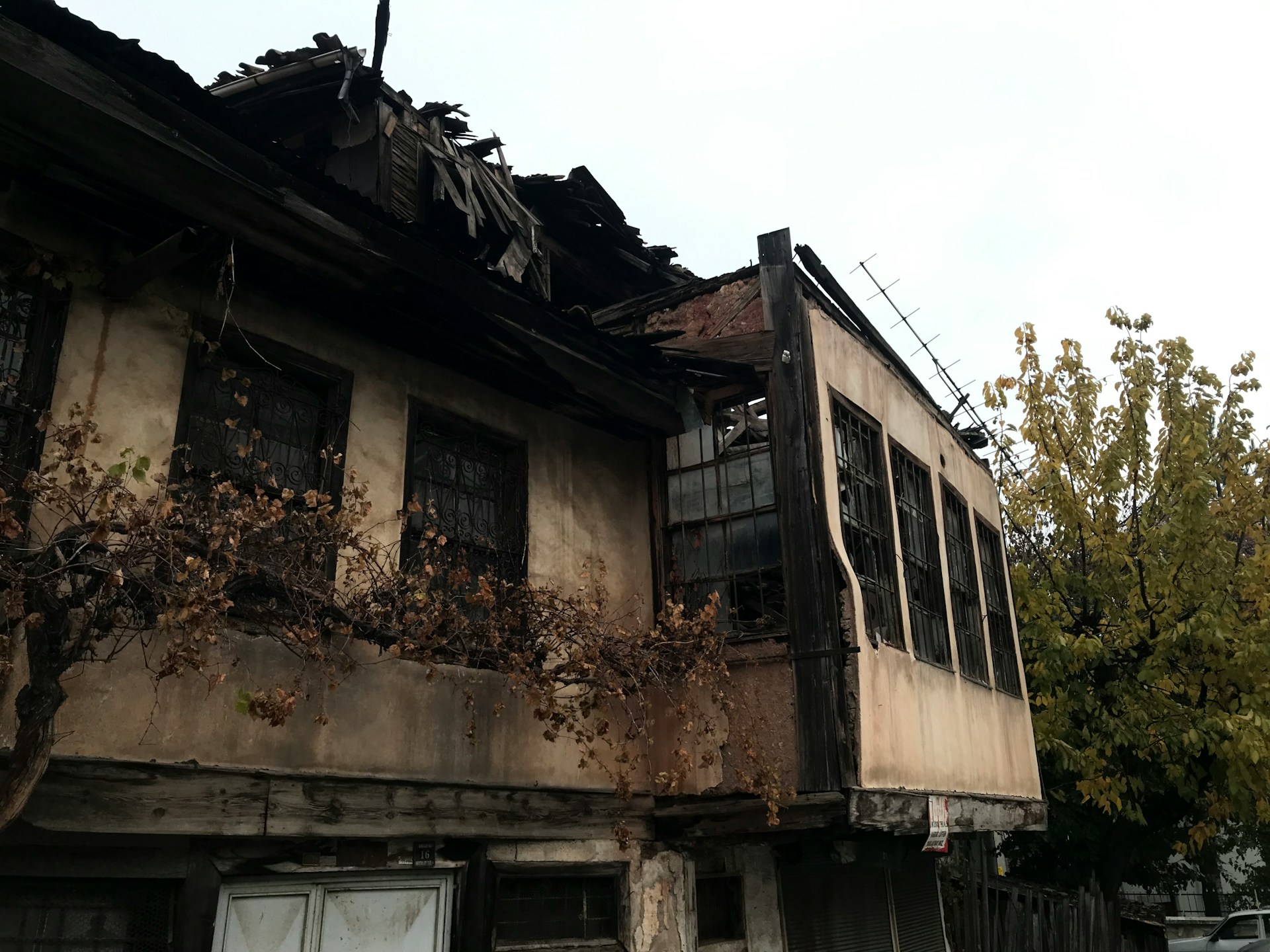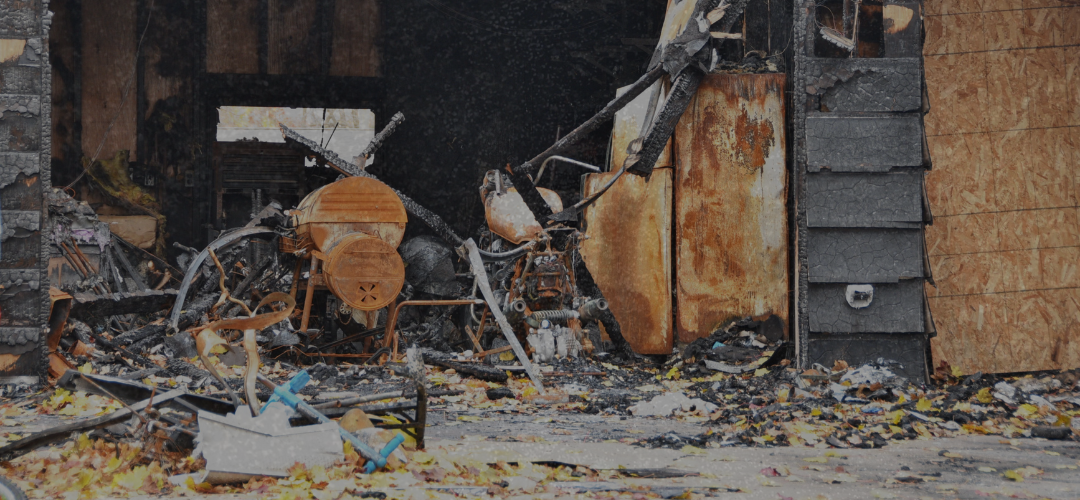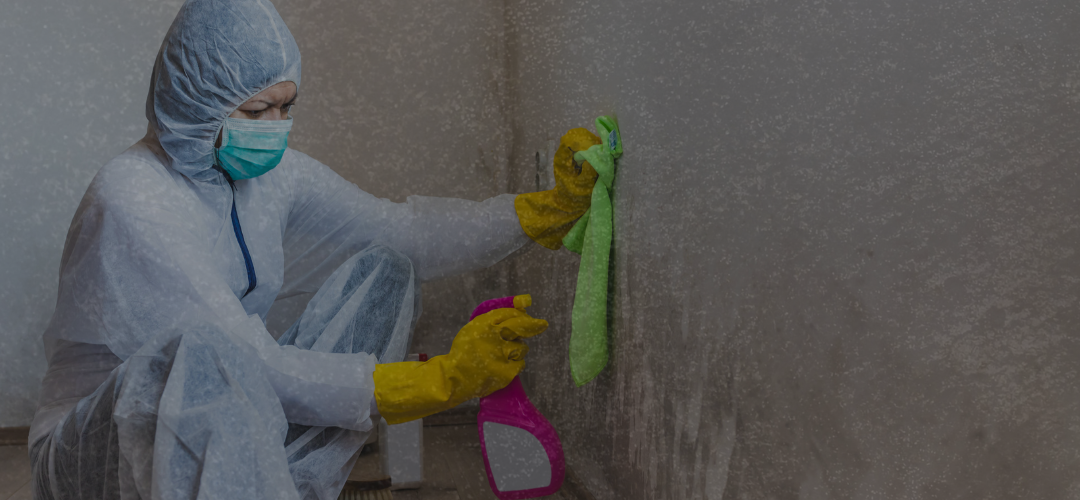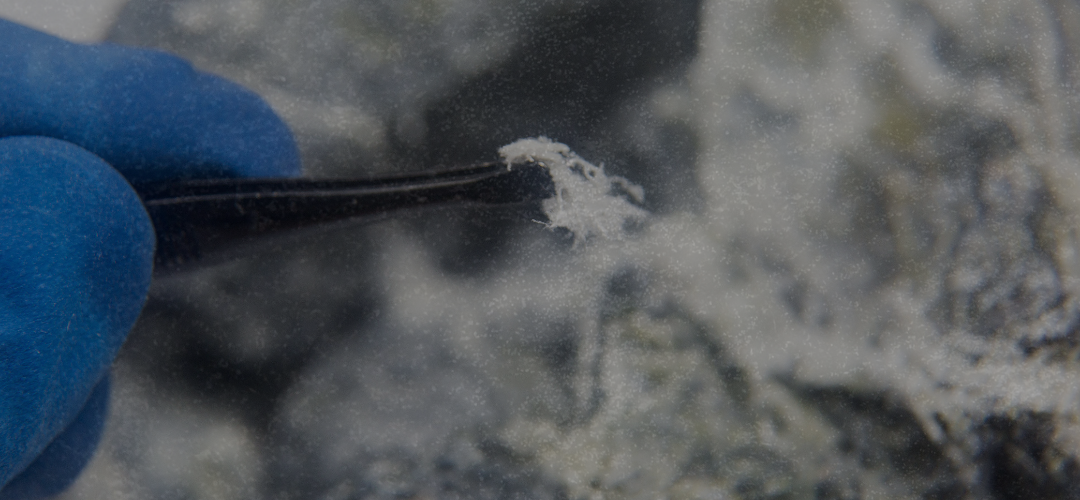Picture this: you come home after a long day, looking forward to relaxing, only to step into a squishy, soaked carpet. A hidden pipe burst, and now your living room is a shallow pool. The stress and cost of water damage is something no Charlotte homeowner wants to face. This guide is built on two main ideas: stopping water damage before it starts and knowing what to do if it happens. The purpose here is to give you the knowledge to protect your property and feel secure in your own home.
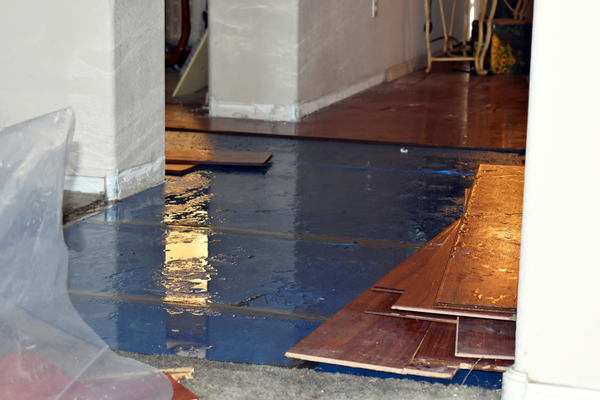
Water Damage Prevention & Restoration
The Basics of Water Damage Prevention
Routine Maintenance is Key
Taking care of your home’s exterior is the first line of defense.
- Your gutters and downspouts need to be clean. Clogged gutters can send water pouring down your walls and right into your foundation. Check them twice a year.
- Look for cracks in your home’s foundation and outside walls. Even small cracks can let a lot of water in during a Charlotte rainstorm. Sealing them is a simple fix.
- The ground around your house should slope away from it. If it slopes inward, water will puddle against your foundation, looking for a way in.
Appliance and Plumbing Vigilance
The things inside your house can cause big problems too.
- Look at the hoses on your washing machine, dishwasher, and ice maker. These rubber hoses get old and can crack. Checking them for bulges or leaks is a good habit.
- A water heater have a limited lifespan. A standard tank heater lasts about 8-12 years. Knowing how old yours is can help you replace it before it fails and floods the area.
- A sump pump is a hero for basements. It pumps out groundwater before it can cause a flood. You should test your sump pump regularly, especially before a big storm is expected.
Weathering the Storms
Heavy rain is a fact of life here. Being ready can make a huge difference.
- Having supplies like sandbags or temporary plastic barriers can help direct heavy rainwater away from doors and low windows.
- Basements can get damp from groundwater pushing through the walls. A good dehumidifier and waterproof paint on the walls can help a lot. For serious water issues, you may need a professional solution.
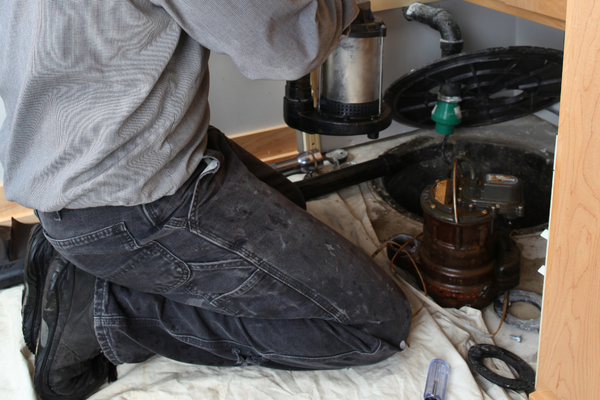
What to Do When Water Damage Occours
Sometimes, no matter how much you prepare, damage happens. Acting fast is critical. With over 25 years of experience, the team at Content Restoration Services knows that a quick response saves property.
Immediate Actions After a Leak or Flood
- Your safety comes first. Turn off the main water valve to your house. If there is a lot of water, shut off the electricity at the breaker box to avoid electrical shock.
- Call a professional water damage restoration company. They have the equipment and knowledge to handle the situation correctly. When you’re facing a crisis, expert water damage restoration services are your best bet.
- Take pictures and videos of the damage. This documentation is very important for your insurance claim.
The 4-Step Restoration Process
A professional company like Content Restoration Services will follow a clear process.
- Step 1: Water Extraction and Dehumidification. Powerful pumps and vacuums are used to remove all the standing water. After that, industrial-grade dehumidifiers and air movers are set up to dry everything out.
- Step 2: Damage Assessment and Mold Remediation. Experts will check what can be saved and what needs to be replaced. They will also look for signs of mold. The signs of a leak is often hidden mold growth, which needs to be addressed immediately. It’s wise to get rid of dangerous mold growth before it spreads.
- Step 3: Structural Drying and Decontamination. This step focuses on drying the hidden parts of your home, like inside walls and under floors. All affected surfaces are cleaned and sanitized to keep your home safe.
- Step 4: Repair and Reconstruction. The final stage is putting your home back together. This could mean replacing drywall, laying new carpet, or other repairs needed to make your home feel like home again.
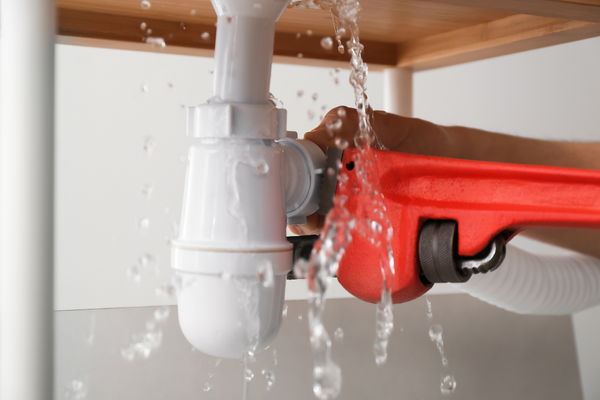
Water Leak Detection & Prevention Tips
Finding small leaks before they become big floods is a game-changer.
The Sneaky Culprits: Common Sources of Leaks
Hidden Plumbing Leaks
- Leaks behind walls or under floors are tricky. Look for clues like stained or soft drywall, peeling paint, or a musty smell that will not go away.
- A dripping faucet or showerhead might seem small, but it wastes a lot of water and can stain your sink or tub. It often points to a bigger problem. Don’t wait to fix plumbing emergencies fast.
Appliance & HVAC Leaks
- Older water heater tanks can rust from the inside and start slow leaks before they fail completely. Check around the base for any moisture.
- Your air conditioning system creates condensation. There is a drain line to remove this water. If that line gets clogged, the water will back up and spill out, often in an attic or closet.
Roof and Foundation Leaks
- A single missing or cracked shingle can let water into your attic, where it can rot wood and ruin insulation for a long time before you see a stain on your ceiling.
- We mentioned cracks in the foundation before, but it is very important. Water in the soil pushes against your foundation, and any crack is an open door
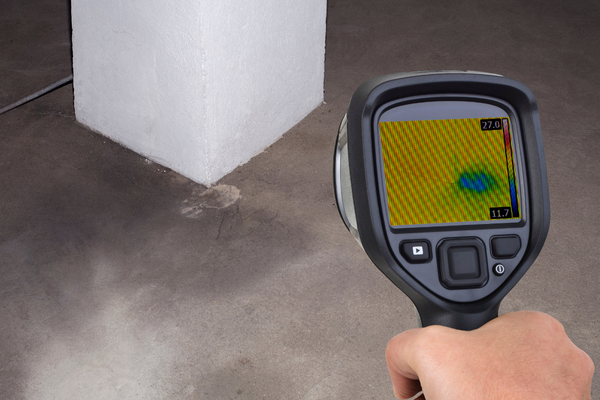
Smart Tools and Tech for Leak Prevention
Technology can give you a great advantage in protecting your home.
Smart Water Shut-Off Valves
These devices connect to your main water line. They can detect a leak and automatically shut off the water to your entire house, stopping a flood in its tracks.
Water Leak Detectors and Alarms
These are small, battery-powered sensors you can place in high-risk spots. Put them under sinks, behind the toilet, next to the water heater, or near the washing machine. If they sense water, they let out a loud alarm.
Pressure Regulators and Water Meters
- Sometimes the water pressure coming into your house from the city is too high. This puts a lot of stress on your pipes and fixtures. A pressure regulator lowers the pressure to a safe level, protecting your whole plumbing system.
- Your water meter is a great leak detection tool. Turn off all water in your house. Then, go look at the meter. If the dial is still moving, you have a leak somewhere.
Staying Dry and Secure
Protecting your Charlotte home from water damage is all about being aware and prepared. Doing regular checks and keeping up with maintenance is the strongest defense. When problems do appear, acting quickly and calling a professional is the right move.
Take a walk around your property this weekend. Look at your gutters, check under your sinks, and listen for any strange drips. A little bit of attention now can save you a world of trouble later. For difficult situations, remember that Content Restoration Services is here to help. Contacting Content Restoration Services, your trusted Charlotte restoration experts, can give you peace of mind.



